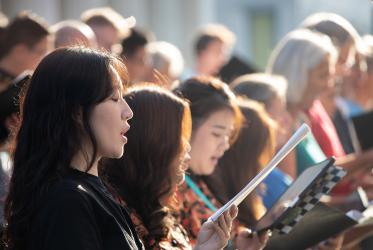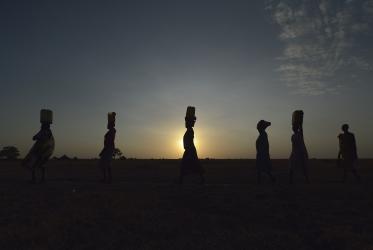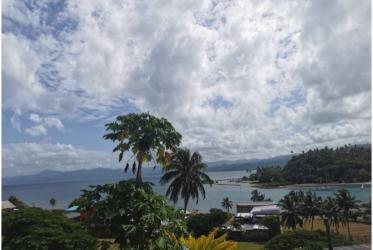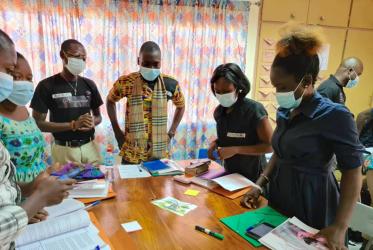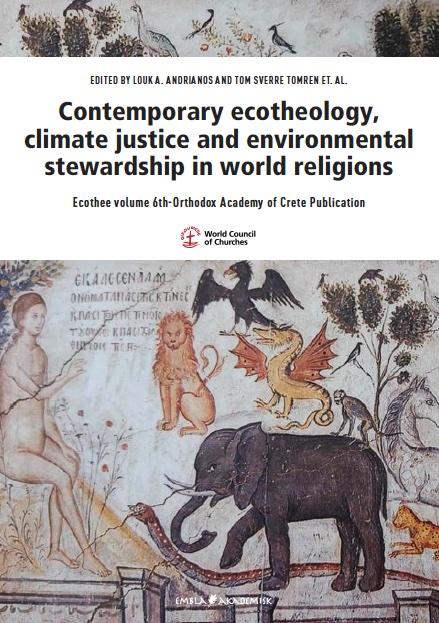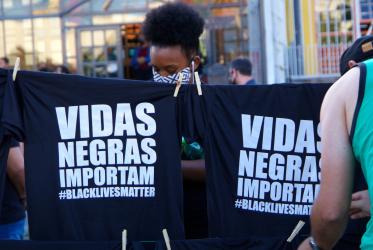Displaying 101 - 120 of 181
01 September 2022
Care for Creation: Decades of ecumenical advocacy
01 September 2022
Called to Transformation - Ecumenical Diakonia
09 June 2022
Contemporary Ecotheology, Climate Justice and Environmental Stewardship in World Religions
Ecothee Volume 6th-Orthodox Academy of Crete Publication
19 December 2021
Webinar explores intersection of debt cancellation and anti-racism
09 December 2021
